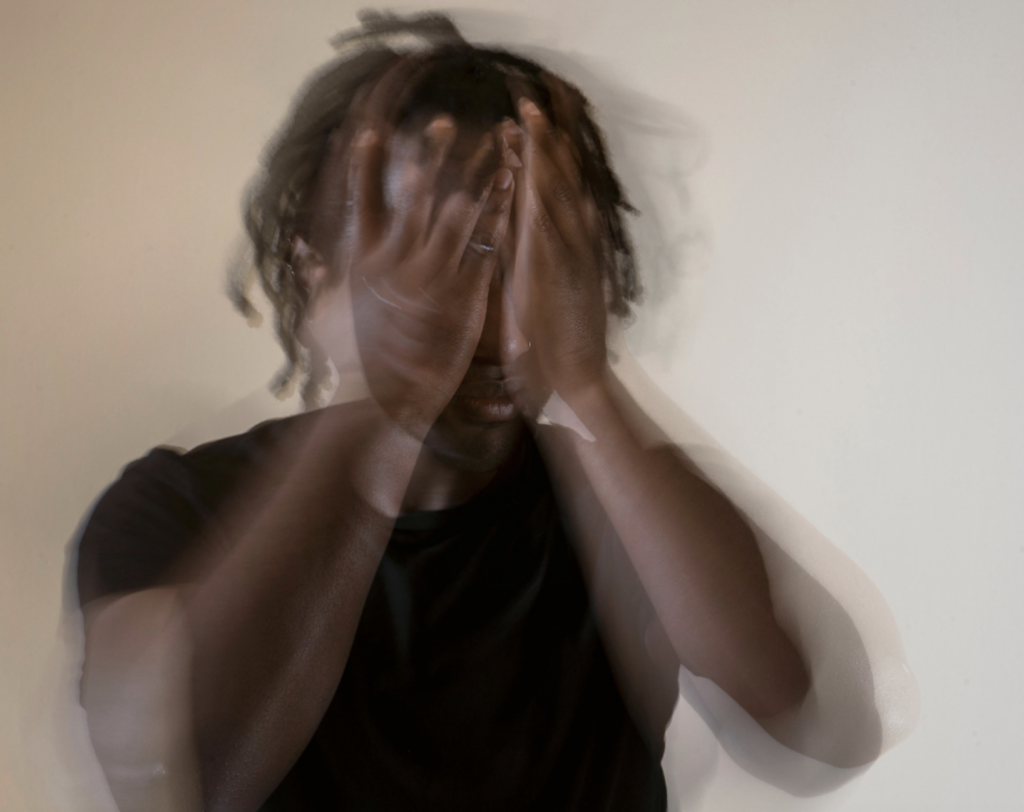Article Written by Dr. Sherry Boles
What is Anxiety?
Anxiety is another one of those mental health terms that gets bandied about and often used interchangeably with stress. While stress definitely impacts anxiety it is not the same thing. Stress is a normal part of life and actually necessary anxiety however, is not a necessary part of life. The DSM 5TR defines anxiety disorders as “sharing features of excessive fear and anxiety and related behavioral disturbances. Fear is the emotional response to real or perceived imminent threat, whereas anxiety is anticipation of future events.” It is here, in the future, where troubling anxiety begins. Anxiety starts because we human beings are always concerning ourselves with the future when tomorrow is promised to no-one. Anxiety would be greatly lessened if we stayed in the moment, the here and now. By keeping our concerns in the moment and not thinking about or fearing future unknowns anxiety will naturally decrease.
What are 5 symptoms of anxiety?
Some common symptoms of anxiety include, but are not limited to:
- excessive worry
- feelings of restlessness
- difficulty concentrating
- sleep disturbance
- appetite changes
- muscle tension
- inability to control worry

What causes anxiety?
Anxiety and its causes are illusive to pinpoint. The Mayo Clinic defines anxiety disorders as people having “intense, excessive and persistent worry and fear about everyday situations.” Anxiety has heightened in our post 9-11 world. There are many real, anxiety provoking issues today however, those are generally not the everyday issues that cause an anxiety disorder. Anxiety becomes problematic when it is chronic and irrationally based. Anxiety is essentially a “thinking” problem. We think our way into excessive worry about everyday issues and the worry becomes an exercise in “catastrophizing” our thinking and it is reflected in this type of thinking expressed by a student: I’m never going to graduate from High School if I don’t pass this course. This type of thinking is making a catastrophe when there is none and factually, it is not true. When it comes to graduating and failing a course there are always options, for example, a course could be repeated in the summer while still allowing the student to graduate. It is the irrationality of the thought that brings about the anxiety. The good news is since we can think our way into excessive worry and anxiety we can think our way out!
How does anxiety feel in the body?
Anxiety and its intense feelings are not only experienced emotionally but physically as well. Anxiety in the body may manifest itself as an increased heart rate, trembling, sweating, or even increased breathing to the point of hyperventilating. People who are extremely anxious to the point of panic have likened their experience to having a heart attack. Thankfully, an electrocardiogram test can easily rule out the heart attack and help determine whether or not it is extreme anxiety bringing on a panic attack. When you begin to notice an elevation in your heart rate or breathing a great way to calm yourself is to take some slow deep breaths slowly in through your nose (to the count of four) and slowly exhale through your mouth until the breath is completely exhaled. Don’t hold your breath between inhale and exhale but rather make it one smooth action. Keep in mind the body cannot be in as state of calm and anxiety at the same time. Deep breathing can quickly dissolve your angst!

The diagnostic criteria are different for different anxiety diagnoses. The criteria for Generalized Anxiety Disorder in the DSM 5TR include:
- Excessive anxiety and worry occurring more days than not for at least six months
- The individual finds it difficult to control the worry
- The anxiety and worry are associated with three or more of the following six symptoms (with at least some symptoms having been present for more days than not for the past six months:
Restlessness
Being easily fatigued
Difficulty concentrating or mind going blank
Irritability
Muscle Tension
Sleep Disturbance - The anxiety, worry or physical symptoms cause clinically significant distress or impairment in social, occupational, or other important areas of functioning
If you are someone you know is suffering with Anxiety, please get help immediately! The sooner you get into the treatment the shorter the journey to recovery. If you can’t find the help you need please access my resource guide at my Website,
“Don't judge each day by the harvest you reap but by the seeds that you plant.” ― Robert Louis Stevenson

